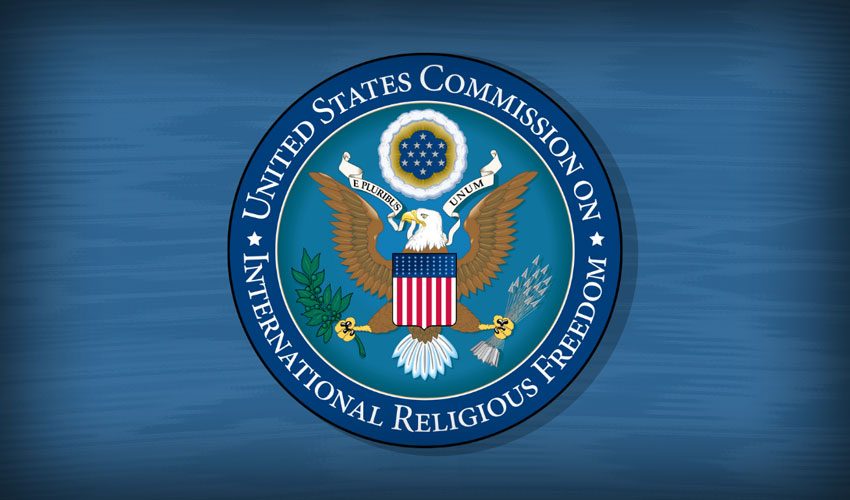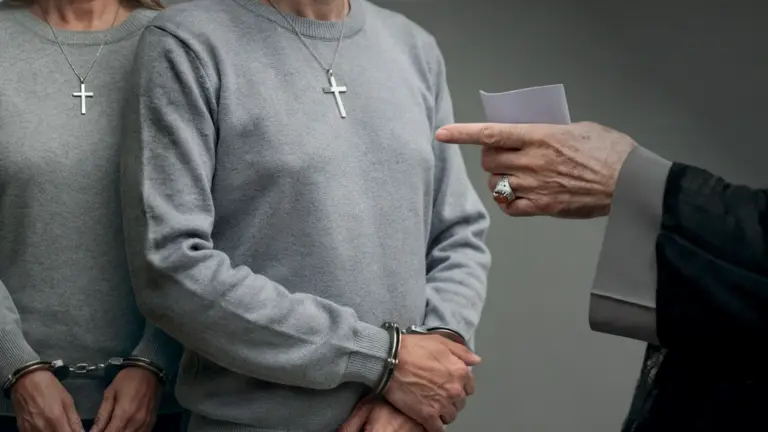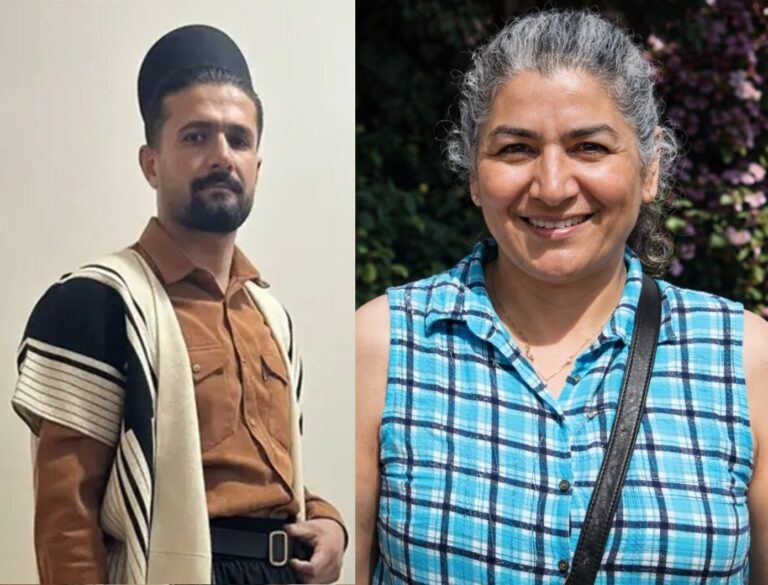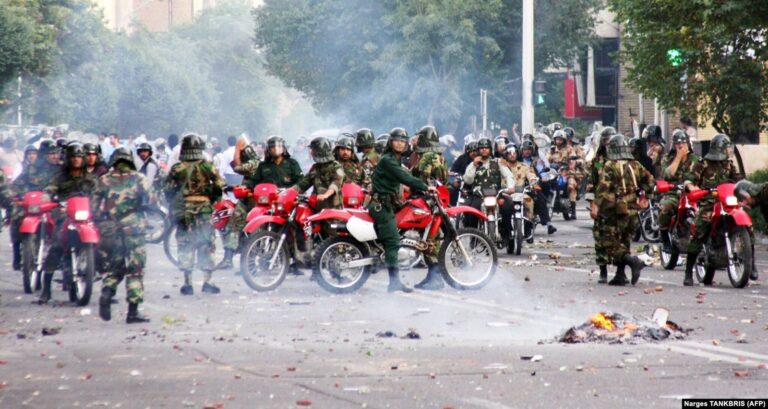The chair of the independent US Commission on International Religious Freedom (USCIRF) has said its commissioners “abhor” the recent sentencing of five Iranian Christian converts “on propaganda charges for religious activities”.
Hessamuddin Mohammad Junaidi, Abolfazl Ahmadzadeh-Khajani, Morteza Faghanpour-Saasi and two others who have not been identified were sentenced in July to a combined more than 40 years in prison, and their convictions were upheld last month.
The Christians were each sentenced to seven and a half years for “propaganda activity contrary to Islamic law due to overseas connections” and seven months for “propaganda against the system”.
“Their plight reinforces how Iranian Christians are at severe risk for their religious beliefs and converting from Islam,” said Vicky Hartzler.
Chair Vicky Hartzler: “We abhor the Iranian government’s sentencing of 5 Christian converts on “propaganda” charges for religious activities. Their plight reinforces how Iranian Christians are at severe risk for their religious beliefs & converting from Islam.”
— USCIRF (@USCIRF) October 20, 2025
Morteza was given an additional 17-month sentence for allegedly insulting Iran’s Supreme Leader on social media, while all five Christians are also facing separate charges of “insulting Islamic sanctities” – for having been present during a Zoom meeting in which a Christian leader living outside Iran is alleged to have said something that was considered to be critical of Islamic beliefs.
The Christians and at least two others were arrested at their homes and workplaces in the cities of Varamin and Pishva, near Tehran, in June 2024, before being detained in Evin Prison for between one and six months.
They were pressured to sign statements recanting their faith in order to receive reductions in their sentences, while at least one of the Christians – Morteza – was physically tortured.
They were eventually released on bail of up to $30,000 each, before being sentenced on 15 July 2025 at the 1st Branch of the Revolutionary Court of Varamin.
Their appeals were rejected on 30 September at the 36th Branch of the Tehran Appeal Court.




0 Comments